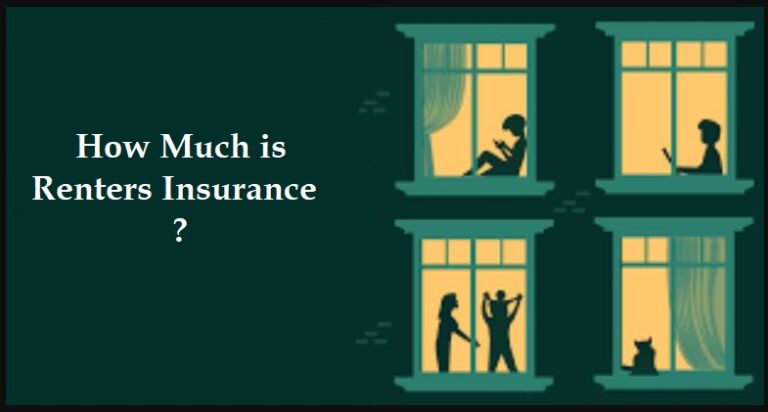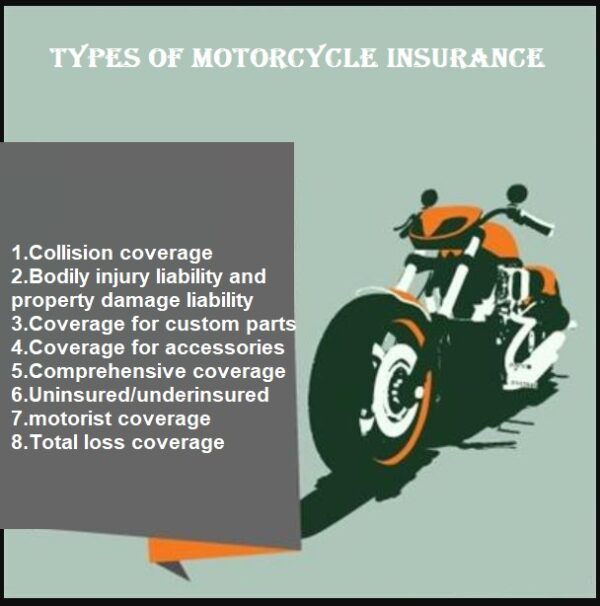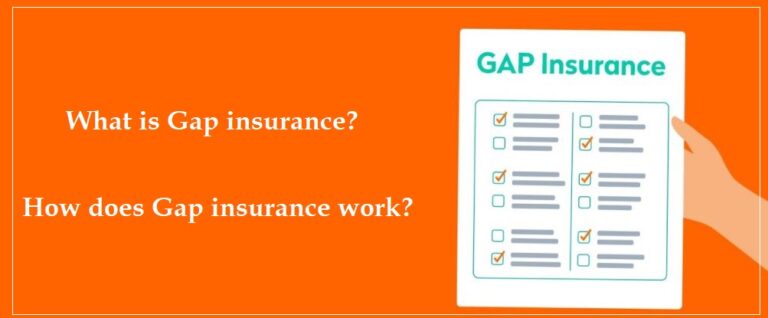What is mortgage insurance and how does it work ❤️
What is Mortgage Insurance?
What is Mortgage Insurance – A mortgage insurance plan is a kind of financial protection offered to homeowners.
It safeguards the borrower against any loss that occurs in the event of a disaster like death, disability or loss of job.
Mortgage insurance can be combined with PMI (private mortgage insurance) to pay for any shortfall that exceeds 20% of conventional loans and up to 80% of the FHA loan.
The cost of premiums varies based on the amount borrowed and other variables, but it could be anywhere between $30 and $200 for each $100,000 borrowed.
With mortgage rates that are so low, many individuals wonder whether they should refuse this type of insurance since it can add monthly costs to their budget.

There are 3 things to be aware of about the mortgage industry:
- It safeguards homeowners from loss resulting from unexpected events like death or job loss.
- Mortgage insurance will not provide the entire amount of home insurance if the borrower fails to pay the loan.
- Certain lenders will require borrowers not to have a 20 percent down payment to get PMI (private mortgage insurance).
How long do you have to pay mortgage insurance?
The amount of time needed for this mortgage insurance policy can vary from one year to 30 years, based on the amount you have to borrow and what kind of property you buy.
In general, it’s recommended not to presume that all mortgages have the same requirements from the lender due to numerous factors that affect the decision-making process.
Is mortgage insurance good or bad?
You might be wondering if mortgage insurance is a good thing or a bad thing. It is a kind of insurance that protects the lender if they are unable to repay the loan.
It won’t cover your assets, yet it can offer peace of mind to lenders. It depends on the person you talk to and the situation.
If, for instance, you know someone who has trouble saving money due to having to cover daycare costs or other costly expenses each month, mortgage insurance could be beneficial to them as they will not be capable of saving enough cash.
If, however, someone can afford to save around to 20% of the value of their home, mortgage insurance could result in them spending more money without offering any benefit at all.
How much is PMI a month?
PMI, also known as private mortgage insurance, is a monthly fee homebuyers must pay to protect their lender from default.
Most lenders require PMI from those who deposit not more than 20 percent of their home.
The price of PMI will vary based on the amount of the downpayment as well as the kind of loan you’ve got.
The rates for PMI could range between $50 and $500 per month. However, it’s typical to see them range from $125 to $ 150 per month.
What happens when you pay off your PMI (private mortgage insurance)?
The majority of home insurance plans require that the borrower continue to pay premiums until the amount of principal remaining is at least 25 % less than when you can pay off your loan over a complete 30-year amortization (sometimes known as “an 80% reduction in balance”).
This is known as “fully paid status.” Specific lenders do not need you to keep the reduction of 25 percent which could result in an atypically lower monthly payment.
Is mortgage PMI tax deductible?
Yes. Your mortgage payment per month (principal plus the interest) is considered a regular cost associated with owning a home, the same as home repairs or taxes.
This means it can be exempt from tax on income in the year you made the payment if you claim deductions as itemized in Schedule A.
Final Words
Mortgage insurance will help against the possibility your income or equity in your home will not be enough to cover the mortgage balance.
It is a form of protection in case you’re not able to pay your bills on time because of unforeseen situations like death, disability or prolonged illness, or unemployment/
Lenders may need to approve it for those with poor credit or who have a loan of more than the 80% of the current value of their home.
Mortgages need to be obtained for loans more than 80% of the home’s current value.

I am Jack. Since 2016, I’ve been a blogger, and I adore writing. I greatly enjoy writing about Bikes, Motorcycles, ATVs, technology, and money. I also write about health and fitness. I maintain numerous blogs, including https://allbikeprice.com. allbikepriceinfo@gmail.com is how you may get in touch with me.







